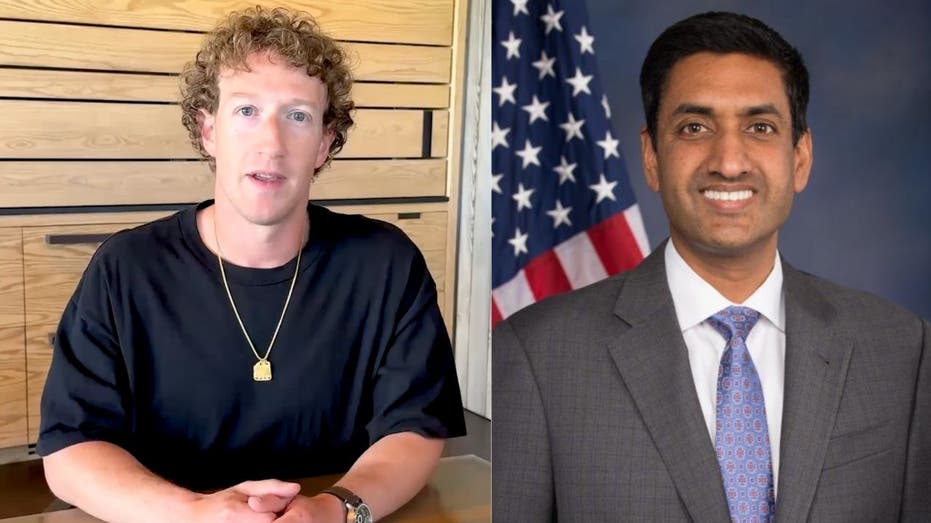Congressman Demands Zuckerberg Testify on Allegations of China Censorship Tools

In a bold move, Congressman Ro Khanna, a Democrat from California, is urging Mark Zuckerberg, the CEO of Meta, to appear before a congressional oversight committee. The request comes amidst serious accusations suggesting that Zuckerberg attempted to develop censorship tools for the Chinese government.
Explosive Allegations from a Former Employee
The call for Zuckerberg’s testimony follows revelations from a memoir written by Sarah Wynn-Williams, a former director of global public policy at Facebook (now Meta). In her book, “Careless People: A Cautionary Tale of Power, Greed, and Lost Idealism,” Wynn-Williams paints a troubling picture of Meta’s leadership, particularly focusing on Zuckerberg’s alleged efforts to penetrate the lucrative Chinese market.
Khanna expressed his concerns, stating, “I think Mr. Zuckerberg needs to appear in front of my congressional oversight committee to answer questions about these allegations with China.”
Meta’s Response to the Allegations
In response to the claims made in the memoir, a spokesperson for Meta emphasized that the allegations stem from a disgruntled former employee who was terminated for underperformance eight years ago. The spokesperson reiterated, “We do not operate our services in China today,” while acknowledging previous interests in entering the market as part of Facebook’s broader mission to connect the world. They also referenced Zuckerberg’s previous statements in 2019, where he announced that the company would not proceed with plans for China.
Zuckerberg’s Controversial Strategy in China
According to Wynn-Williams, Zuckerberg’s attempts to engage with the Chinese Communist Party (CCP) were more extensive than previously disclosed. The memoir alleges that Zuckerberg actively sought permission from the CCP to allow Meta to operate within China. This included providing detailed technological briefings to CCP officials, focusing particularly on artificial intelligence.
Perhaps the most alarming allegation is that Meta allegedly collaborated directly with the CCP to develop customized censorship tools. This cooperation raised significant concerns about transparency, with Wynn-Williams claiming that Zuckerberg intended to keep these efforts hidden from Congress.
Ongoing Ethical Dilemmas for Tech Companies
Meta has dismissed the claims made in the memoir, noting that they have not seen the book, and reiterating their inability to reach an agreement with China regarding operational terms. During a speech at Georgetown University, Zuckerberg highlighted his commitment to global connectivity and stated, “We could never come to an agreement on what it would take for us to operate there.” He emphasized that this is one reason why Meta does not operate Facebook, Instagram, or other services in China.
The allegations against Meta spotlight the broader issue of how big tech companies navigate their relationships with authoritarian regimes. The challenge of balancing global expansion with ethical considerations and national security is increasingly complex in our interconnected world.
Implications for Meta and the Tech Industry
The demand for Zuckerberg to testify before Congress underscores the seriousness of these allegations. If proven true, they could have far-reaching consequences not only for Meta and its leadership but also for the entire tech industry. As developments unfold, it will be vital to observe how lawmakers, regulators, and the public respond to these significant revelations concerning one of the world’s most influential companies.
A Critical Question for the Industry
The situation raises a pressing question: Is it ever acceptable for tech companies to compromise on ethics and transparency in pursuit of global growth, particularly when engaging with authoritarian governments? We invite readers to share their thoughts on this critical issue.
For ongoing updates and insights on technology and security, subscribe to our newsletter. Stay informed and protected in today’s digital landscape.



